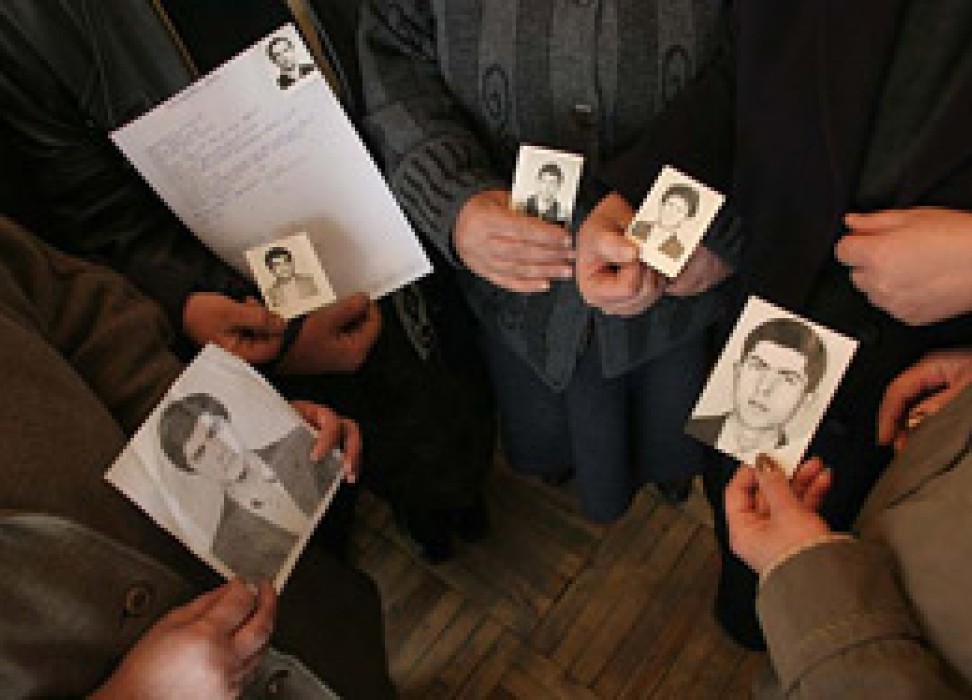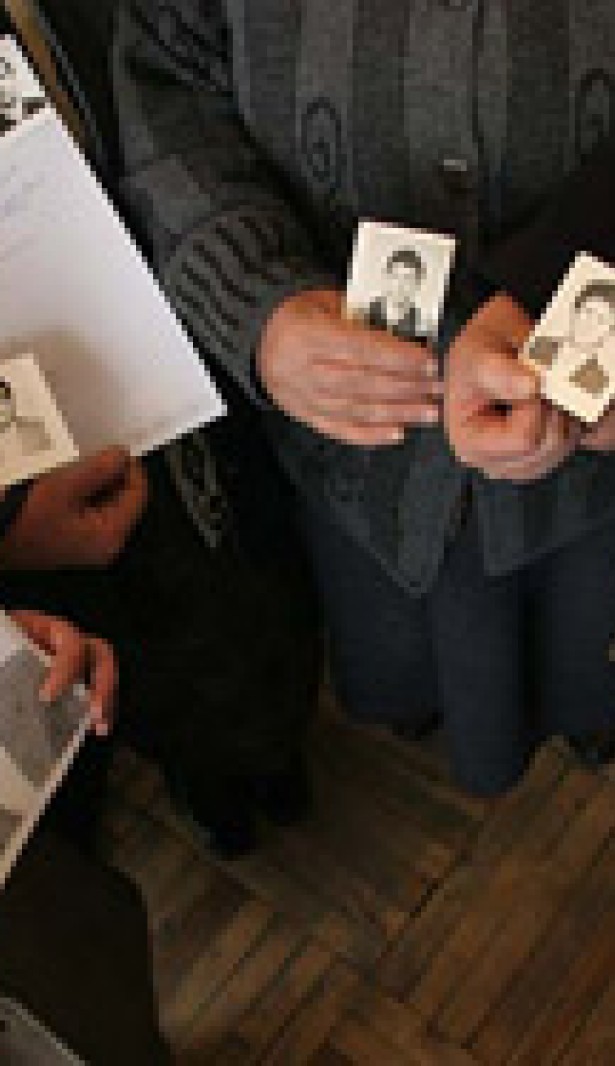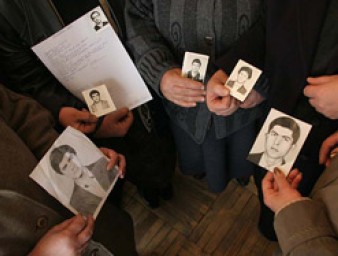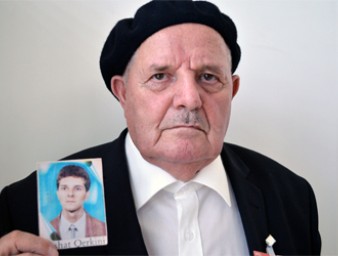Philippines passes landmark law criminalizing enforced disappearances
25 January 2013

The Philippines passed the landmark Anti-Enforced or Involuntary Disappearance Act in December 2012, making it the first country in Asia to criminalize the practice of enforced and involuntary disappearances.
“Firm and clear political will is an essential element in the fight against enforced disappearance. This Act demonstrates the political will of the Philippines and its people to prevent and eradicate the terrible practice of enforced disappearances,” said the experts of UN Working Group on Enforced or Involuntary Disappearances who also encouraged other countries in the region to follow the example of the Philippines.
“Many actors in the country have long been advocating for the adoption of a domestic law against disappearances. It was part of our widely consulted Human Rights Legislative Agenda,” noted Loretta Ann P. Rosales, the Chairperson of the Commission on Human Rights of the Philippines.
Politically-motivated enforced disappearances have been a continuing issue in the Philippines, including long after the end, in 1986, of the Ferdinand Marcos dictatorship. Since its establishment in 1980, the UN Working Group on Enforced or Involuntary Disappearances transmitted 782 cases to the Philippines and of those, 621 remain outstanding.
Although the Philippines has not yet ratified the International Convention for the Protection of All Persons from Enforced Disappearances, the new law adopts the Convention’s definition of enforced or involuntary disappearances in its entirety. It forbids State agents from abducting people suspected of anti-Government activity, and provides for a maximum penalty of life imprisonment without amnesty for the practice of enforced disappearances which is also considered a continuing crime.
A particularly striking feature of the new law is that it not only recognises the specific right against enforced disappearances, but it also highlights that the right cannot be derogated under any circumstances, including threats of war, state of war, political instability or other public emergencies.
Other notable provisions include the prohibition of the use of secret detention facilities; provisions against solitary confinement; and against the invocation of an “order of battle” – which refers to a document listing names of persons and organizations perceived as enemies of the State – to justify or exempt the commission of enforced or involuntary disappearances.
The law also details provisions on restitution, compensation and rehabilitation of victims and their family members.
“The adoption of the Act is welcome. The Government of the Philippines should now ensure effective implementation of the Act by taking all necessary measures including, but not limited to, legal, policy and institutional reforms,” stressed the Working Group experts, thus reinforcing earlier comments from families of the disappeared, civil society activists and human rights defenders who strongly support and call for action on disappearances and other grave human rights violations.
The new law engages civil society to help develop rules and regulations for the effective implementation of the Act, as well as raising awareness of it in the general public.
“Ensuring the elaboration of strong implementation mechanisms in close consultation with civil society and the Commission on Human Rights of the Philippines is now one of the next key steps,” said Matilda Bogner, Regional Representative for South-East Asia of the UN Human Rights Office.
Following an announcement by the Philippines during its Universal Periodic Review at the UN Human Rights Council in September 2012, the Government also took measures to address long-standing impunity for cases of human rights violations. These include the establishment of an inter-agency committee on extra-legal killings, enforced disappearances, torture and other grave violations.
In October 2012, the UN Human Rights Committee reviewed the periodic report of the Philippines and also recommended that the Government prevent extrajudicial killings and enforced disappearances, and ensure that perpetrators of these crimes are effectively investigated, prosecuted and punished with appropriate sanctions. The Committee also recommended adequate compensation for victims’ families.
“It is encouraging that concrete action will be taken to address the broader issue of impunity for disappearances and other human rights violations committed in the past – this should lead to effective prevention in the future,” Bogner added. “It is squarely in line with the recommendations of international human rights mechanisms, and the United Nations stands ready to provide support.”
24 January 2013

VIEW THIS PAGE IN:



